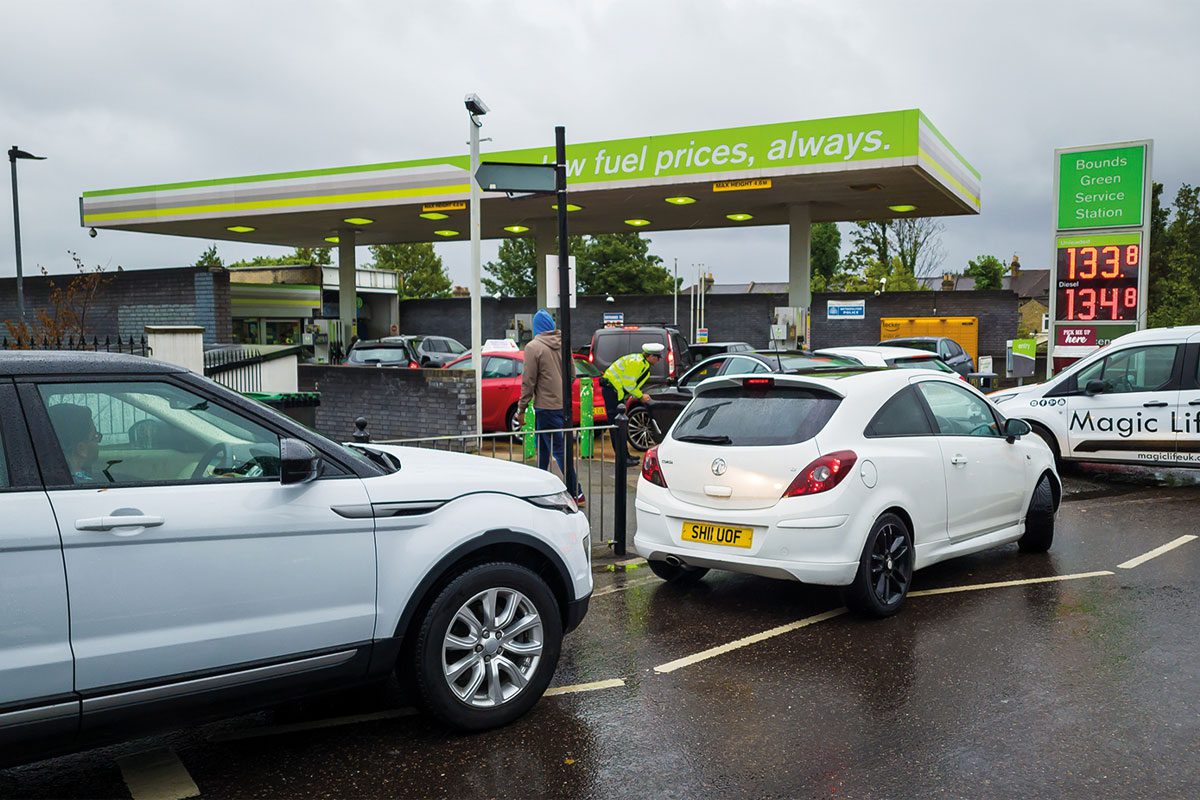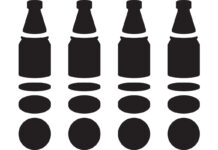Forecourts vindicated in duty row

FORECOURT owners have been cleared of profiting from failing to pass on the 5p fuel duty cut that was introduced in March by the Government.
The then Business Secretary Kwasi Kwarteng – now the Chancellor – ordered an
official inquiry in June after accusing petrol outlets of not ensuring customers benefitted from the tax cut.
But the subsequent investigation by the Competition and Markets Authority (CMA) found that while retailers did reduce prices at the pumps, a number of market factors explained why the cost of fuel for consumers remained high.
Industry leaders say the outcome shows just how it is important for critics to get a better understanding of how fuel pricing works.
Petrol Retailers Association executive director Gordon Balmer said: “We agree with the findings of the CMA’s investigation. In recent months, we have seen motoring organisations and politicians attempting to scapegoat petrol retailers.
“This report exonerates petrol retailers and leaves unanswered questions about the extent to which these critics understand the retail fuel market at all.
“The Petrol Retailers Association will continue to invite politicians, campaign groups and motoring organisations to educate themselves better about the market. We hope the CMA’s market investigation will lead to a more grown-up debate about how to achieve the best prices for drivers.
“We are confident that this report will reassure motorists that petrol retailers are doing their best to keep their communities fuelled and fed, while operating on tight margins.”
The CMA report concluded that among the principal drivers of higher costs at the pumps in recent months were record-high crude oil prices, which had continued to rise.
The dollar-terms increase in oil prices over the last year accounted for around a third of the rise in road fuel prices (20p per litre), with the fall in the value of sterling in that period adding a further 12% (7p per litre).
A growing gap between the price of crude oil entering refineries and the wholesale price of petrol and diesel leaving them (known as the “refining spread”) was an even more influential factor.
The CMA said it accounted for just over 40% of the growth in road fuel prices (24p per litre).
The official review said increased demand caused by the post-Covid recovery and supply problems due to the war in Ukraine had ensured the refining spread rose.
The CMA added: “At the point that the duty cut took effect, fuel retailers will have had in the tanks underneath their forecourts a quantity of fuel paid for at the higher duty rate.
“Reflecting the duty cut in retail prices immediately after the announcement would have meant them incurring a cost on the sale of that remaining fuel.”
Acknowleding that petrol stations had lowered prices after the duty cut, the investigators concluded: “We have seen no evidence – nor is it clear from our analysis – that retailers in aggregate have profited from failing to pass on the fuel duty cut.”






















